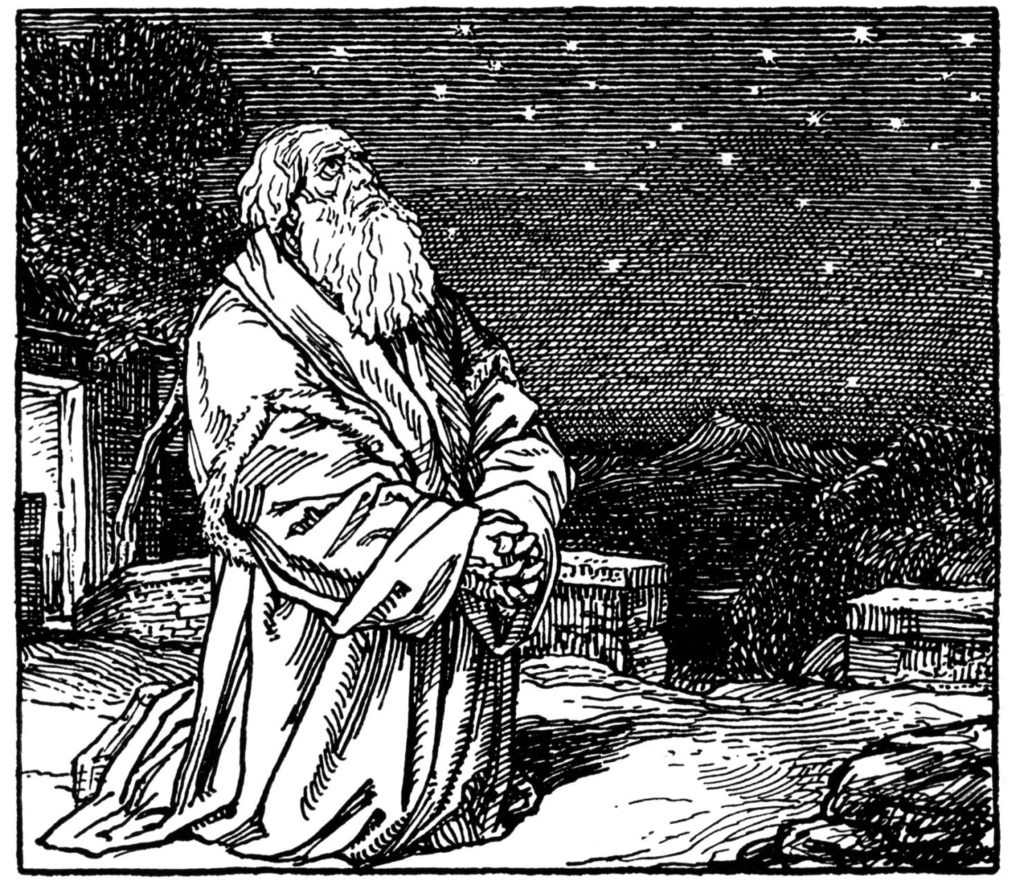This year, I found myself at another river celebrating Sukkot with my wife, this time in southern Central Oregon being amazed by another giant, majestic and ancient ponderosa pine tree. This time, I made a pen and ink drawing of this 500-year-old behemoth.
Here are my poem and my pen and ink drawing showcased together..
Here are a couple of pictures of the actual tree.
The inspiration of this poem and its birth occurred while sitting next to the Deschutes River in La Pine, Oregon, during Sukkot (the Feast of Tabernacles) in 2018, while gazing admiringly at the mighty, towering ponderosa pine trees (Pinus ponderosa) that stand as sentinels gracing its banks. At the same time, the words of the First Psalm were floating around in the author’s mind.
La Pinus1 ponderosa2 at De Falls3 River waters4;
A weighty5 giant pondering6 heavenly matters.
Rejecting your former blackjack7 past,
Basking now in heaven’s light at last.
Arms and trunks are tanned a bright orange hue8,
With muscular limbs upraised in praise to You9—
To the Messiah, the radiant Sun of Righteousness10!
O piney tree by the rivers of water,
With crown aimed high—you’re a leafy psalter11.
The still small breath12 of heaven’s heart,
Strums happily your needley harp,
To all who’re attuned in full amaze—
And hear the Spirit’s psalm of praise.
La Pinus ponderosa by De Falls River’s edge—
Precariously planted on the sloping ledge?
Gravity inexorably can’t make you slip,
As you mock the current’s undercutting grip13.
Against the storms you’re resolute,
Exempt from its slavish tribute.
The desert’s torrid breath can’t make you wilt14.
It underestimates how well you’re built.
For deeply rooted are your hairy feet,
As they sate their thirst from the summer’s heat14.
Anchored firmly against the gale.
From brutal breezes that do assail.
Resting on the solid Rock15,
Heat and wind they can’t you shock16.
To the bank of Truth17 you tenaciously cling,
Imbibing the Spiritual life14 the waters bring.
As Heaven’s wind18 fills your leafy sail,
You clap your hands19 as me you regale.
O Pinus preacher at the River Deschutes,
You cry aloud from roots to shoots.
A riveting sermon loud and clear
To open ears both far and near.
Quietly praising the King above,
Silent shouting of heaven’s love!
Puzzle letters from your massive girth20,
A visible testament fall to the earth.
Of heaven’s radiance they joyously glow,
Trampled by naive hikers there below.
But when combined these letters spell,
The truth of heavens evangel21.
This tree’s a wellspring of worshipful praise,
In every tongue with limbs upraised!
La Pine’s1 ponderosas who grace your river blue,
There is much for me to learn from you.
Your arms point upwards in heaven’s praise,
Past you to Him, my eyes I’ll raise22!
This is my heartfelt prayer to You:
With Your Spirit and Truth23 my heart imbue.
From Your tree of life24 I’ll always feed
Producing an abundance of living seed.
May I be too a tree of life,
That my heart-would25 with your words be rife.
Amein.









